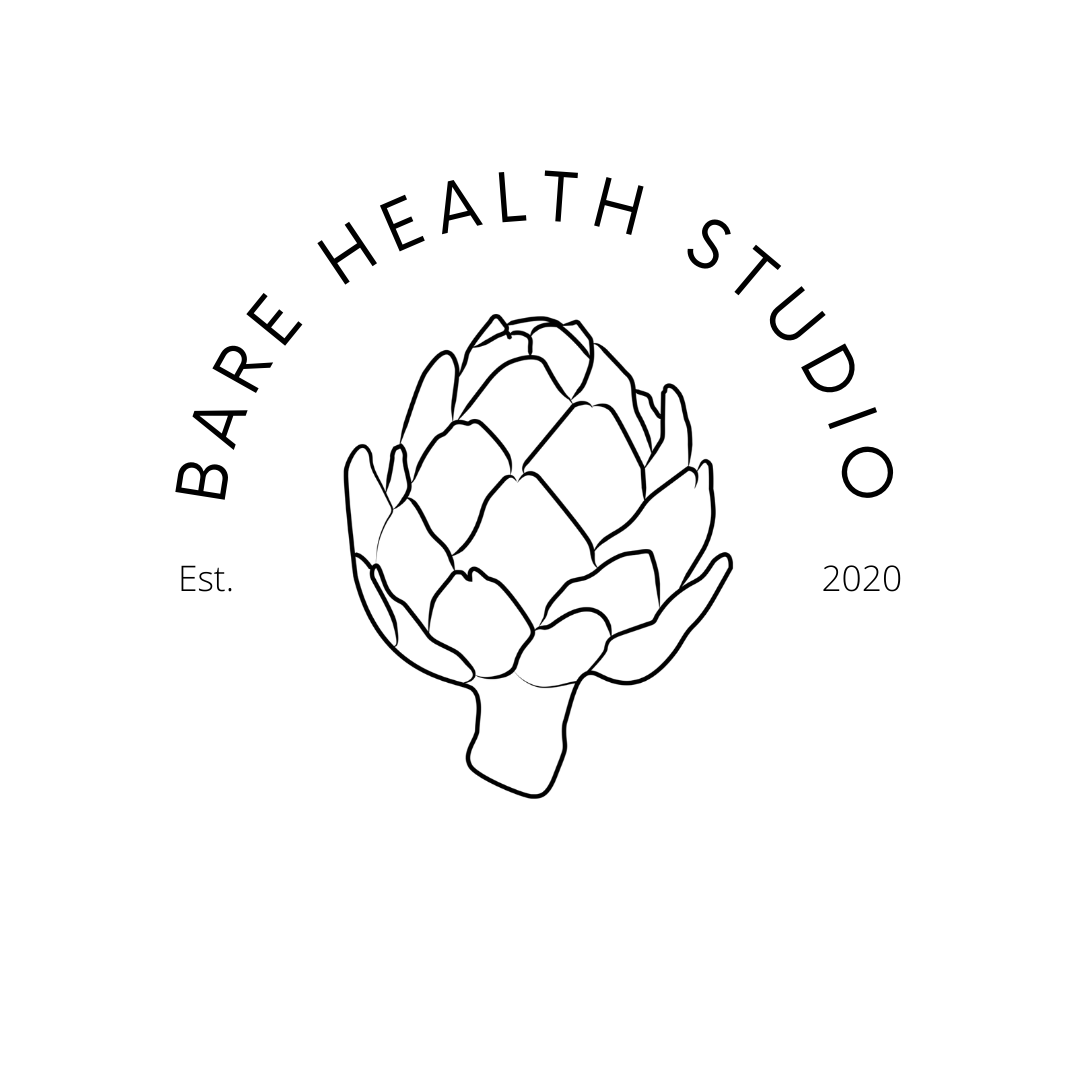Why You Don’t Need a “Detox” or Diet in 2023 (and What to Do Instead!)
If you’re looking to glow up your health in 2023, my advice for you is to steer clear of “detoxes” and fad diets. The New Year brings an onslaught of diet culture advertisements with claims to detox the body with supplements, cleanses, laxative teas and restrictive diets. Products and protocols like this are unnecessary, and if weight-loss is your goal they may also do the opposite to the intended effect.
Here’s why you don't need to be starting a “detox” this year. Each day, our bodies encounter many different toxins - from pollutants, personal care products, even our food. Thankfully our bodies have very refined detoxification process that deals with them.
The body detoxifies using the liver, colon, kidneys, lymphatic system, skin and lungs. The liver is considered the main organ in the detoxification process. It's role is to breakdown and transform substances in the blood to be excreted via the colon or kidneys. Our kidneys filter waste from the blood and maintain mineral and pH balance. The colon facilitates waste excretion and it's efficacy is dependant on a healthy microbiome, fibre and hydration. The lymphatic system works behind the scenes to regulate immunity, fight infection and transport toxins for elimination processing. Our skin excretes toxins through pores and sweat. And finally our lungs are the first line of defence against environmental pollutants, bacteria and viruses.
Recipe from the Back to Basics ebook
What are some of the reasons I don't like "detoxes and restrictive diets?
Liquid detoxes such as juices and bone broths starve your good gut bacteria of the fibre they require. They are also low in protein, which can lead to wastage of muscle this in turn can lower your basal metabolic rate (the rate at which you burn calories/kilojules). Colon cleanses and detox teas are also red flags. They work to promote removal of waste along the colon, but they can lead to constipation as your bowel may become reliant on them which can lead to a vicious cycle of use.
When we go on a diet the weight loss that follows is often short term and comes at a cost. Studies that have looked at longer-term outcomes of dieting find weight is regained back to pre-diet levels, if not more. When we restrict foods we get hungry, we get food cravings and this can lead to out of control eating. Weight fluctuations from losing and regaining weight can be damaging to our physical health. Plus there’s the detrimental emotional and psychological effects of being on a diet and feeling as though you have “failed”. Diets aren’t designed to work- if they were it wouldn’t be a multi billion dollar industry.
"If you really want to be healthier in 2023 then my best piece of advice for you is to eat more plants and eat a predominately whole-foods diet, like the Mediterranean Diet which minimises ultra-processed foods. "
What do I recommend instead?
If you're looking to reduce the toxins in your body then the first step is to minimise the amount of toxins your body needs to process. If you over did the Negroni Sbagliatos over the silly season then start by giving your liver a week or two off alcohol, and a chance to repair. Consider your pollution exposure- can you walk or cycle on a more quiet route? Does your food contain pesticides or agrochemicals? Wash and peel your produce where necessary and consider a trip to the farmers market for spray free options.
If you really want to be healthier in 2023 then my best piece of advice for you is to eat more plants and eat a predominately whole-foods diet, like the Mediterranean Diet which minimises ultra-processed foods. A whole-foods diet is comprised foods which are as close to their natural state as possible. You want to be eating more from the earth and less from a packet with an ingredient list that looks like it was made in a lab.
I encourage you to include and abundance of vegetables and fruit, with legumes, whole grains, lean protein from animal sources (especially fish and seafood), healthy fats like nuts, seeds, cold-pressed oils, and fermented foods to provide an array of essential nutrients.
Ultra-processed foods like ready-to-eat and shelf-stable foods have long lists of ingredients including salt, refined sugar and poor quality fat and additives that are associated with poor health outcomes. These foods are also often low in fibre and and essential nutrients. Furthermore, these foods can disrupt our gut microbes, this in turn is believed to encourage overeating.
Anushka Malcolm
CO-FOUNDER + CLINICAL NUTRITIONIST
Anushka is clinical nutritionist and passionate health foodie from Adelaide, South Australia. Anushka uses up-to-date clinical research and traditional wisdom to you diets so you can nourish yourself, feel your best and thrive.





